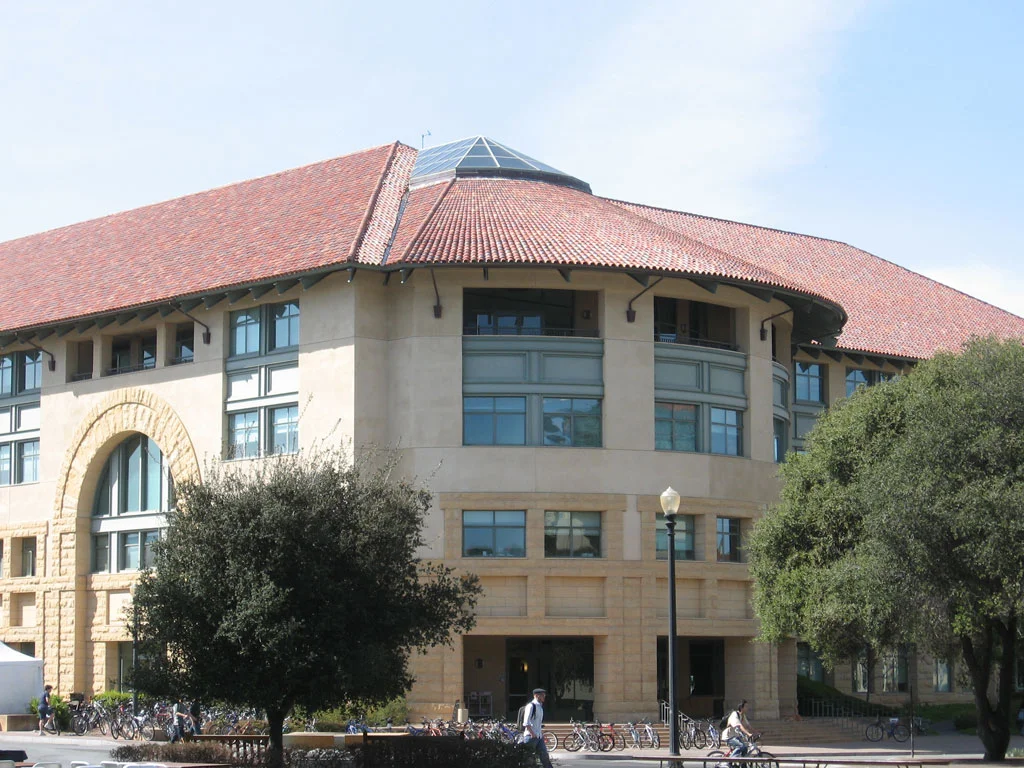Harvard secured the top position on the US News list of top undergraduate economics programs. Consequently, it is closely profiled below to model the demands of a rigorous curriculum. Yet, one program does not categorically represent the diversity of offerings provided in such an extensive field as economics. That’s impossible. So, to gain a better sense of the scope of the major we’ll also look at how economics is offered at UC Berkeley, Northwestern, and the University of Minnesota: all top 20 programs.
Creating a Career Plan: Becoming an Economist
Ambitious students conduct research and develop plans for their undergraduate years to ensure that their careers and personal goals are met. Learning to write well and communicate effectively, along with securing meaningful recommendations from professors, are probably goals included in many plans. Yet, beyond setting goals, there are other reasons to plan. As Dwight Eisenhower noted, “plans are nothing, planning is everything.”
Major Leverage
Some students go into the admissions process with the strategy of declaring a strange, off-the-beaten-track type major that will bolster their chances of getting into a selective school which otherwise would likely reject their candidacy.
The idea is once they’re in they’ll change their major with the advantage of being in the system not outside of it. For most of the liberal arts colleges such as Middlebury, Pomona College, or Davidson, this strategy won’t work.
Science Study at the Small College
If you’re a serious science student, one who might want to someday get a PhD, teach, research, become a member of the National Academy of Sciences, or vie for a Nobel Prize, it might best serve your interests to attend a major research university, such as UCLA, USC, Stanford, Northwestern, Yale, or Duke.
Small liberal arts colleges just don’t have the resources available to do meaningful research. Don’t, though, feel too confident in this belief. Just review the resources available to undergraduates at, say, Hamilton College’s Taylor Science Center and the list is enough to dispel the resource limitation concern.
The English Major
No matter how one might feel about the utility of the English major, it remains to this day the ninth most popular major among the 50 majors recognized by the Department of Education.
What accounts for its popularity might be difficult to determine because the major itself can differ widely school to school, or even within the same school.
Best Advice for Selecting College Major
Major Confusion
The path to success rarely depends on selecting the right major.
Nor is a job assured by studying a given discipline. Nonetheless, when discussion of majors arises ‘be practical’ and study something ‘relevant to the workplace’ are constant refrains. Yet, what is ‘practical’ and ‘relevant’ in the workplace? The practical and relevant today might become dross in just a matter of years.
The Ever Popular Computer Science Major
The most popular major at Stanford is not biotechnology or communications, but computer science, a major that declined in numbers by 27% between 2005 and 2010: however, today Stanford counts over 220 students in its computer science major (CSBS). Of the Stanford undergraduates not taking the major, 90% will still take computer science courses prior to graduation, despite there being no requirements. Possibly the poor job market, the high pay (even without a graduate degree) for CSBS graduates or the possibility of changing the world by building a revolutionary iPhone app or tech product is driving this trend. In any case, according to a report from the Computing Research Association, enrollment in computer science programs across many universities has risen steadily over the last three years.
3+2 Dual Degree Program: Engineering (BS) and Liberal Arts (BA) Degrees
There are a number of paths for studying engineering. If you’re resolved to be an engineer then state engineering schools (Purdue, Virginia Tech, or Colorado School of Mines) are solid choices. If you’re a cerebral genius who solves Rubric cubes blindfolded in less than 15 seconds then MIT, Princeton, Columbia’s Fu School of Engineering, Carnegie Mellon, or Harvey Mudd should be in your scope. Even if you’re one of those rare birds who is torn between becoming the next great novelist while solving the mystery of Saturn’s rings, there are liberal arts colleges with very solid engineering programs (Lehigh University, Bucknell, Lafayette, or Swarthmore). There are even boutique engineering schools to accommodate the most discerning students: Franklin Olin School of Engineering, Cooper Union, and the Webb Institute (Naval Architectural Engineering), all tuition free, come to mind.
Majors and Salaries: the Economic Value of a Major
A new study about the earning power of recent undergraduates was just published by Georgetown University’s Center on Education and the Workforce: “What’s it Worth? The Economic Value of College Majors”. The study can be found complete at: http://www9.georgetown.edu/grad/gppi/hpi/cew/pdfs/whatsitworth-complete.pdf.











